As the world becomes more environmentally conscious, many people are opting to purchase second-hand items rather than buying new products. Consignment shops provide an excellent opportunity for people to sell their used items and for buyers to purchase them at a more affordable price. However, to ensure a smooth business transaction, it is essential to have a consignment lease agreement in place.
A consignment lease agreement is a legal document that outlines the terms and conditions of the consignment relationship between the consignor (the person selling the item) and the consignee (the person or business selling the item on behalf of the consignor). The agreement details the items to be consigned, the commission rate to be paid to the consignee, and the length of time for which the consignee is authorized to sell the item.
One of the critical benefits of having a consignment lease agreement is the protection it provides for both parties in case of any dispute. The agreement clearly outlines the responsibilities and obligations of both the consignor and consignee. For example, the agreement may stipulate that the consignor is responsible for ensuring that the items being consigned are in good condition and that the consignee is responsible for properly displaying and marketing the items.
Another important aspect of a consignment lease agreement is the commission rate that the consignee will receive. The commission rate is the percentage of the sale price that the consignee will retain as payment for selling the item. Typically, the commission rate is negotiated between the consignor and consignee, and it can range anywhere from 10% to 50% or more. It is important to keep in mind that the commission rate may vary depending on the item being consigned and the length of time it takes to sell the item.
In addition to outlining the responsibilities and commission rate, a consignment lease agreement also establishes a timeframe for the consignment period. The length of time can vary depending on the item being consigned and the agreement between the consignor and consignee. Once the consignment period is over, the consignee is typically required to return any unsold items to the consignor.
Overall, a consignment lease agreement is a crucial document that ensures a smooth transaction between the consignor and consignee. Whether you are a consignor looking to sell your used items or a consignee looking to expand your business, having a consignment lease agreement in place will help protect your interests and ensure a successful consignment relationship.

Commentaires récents